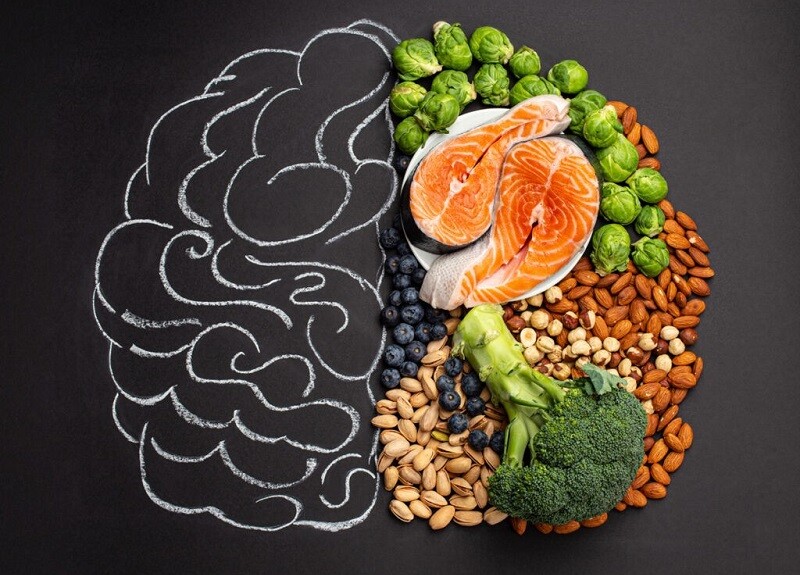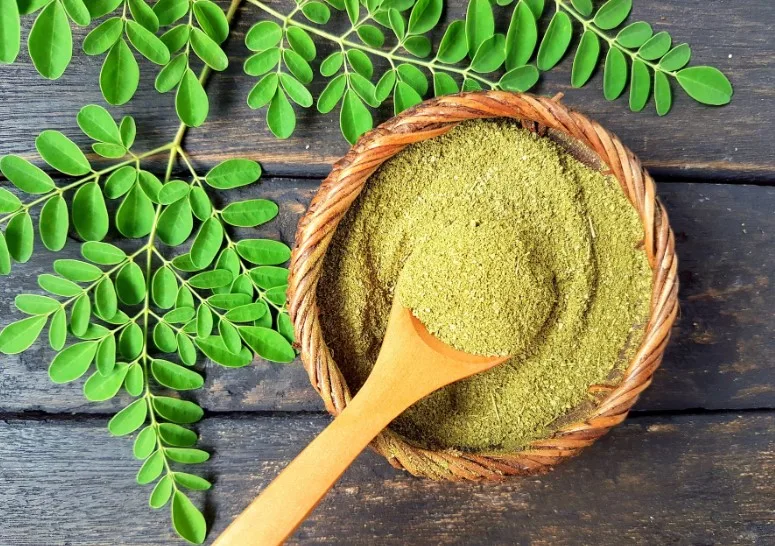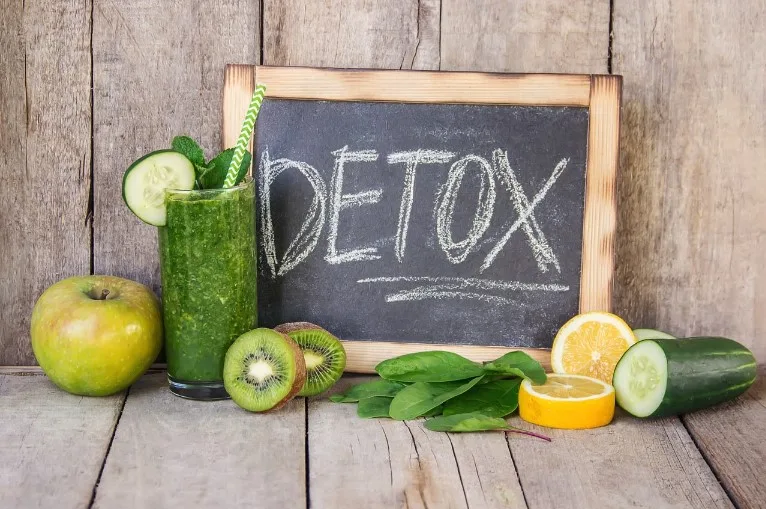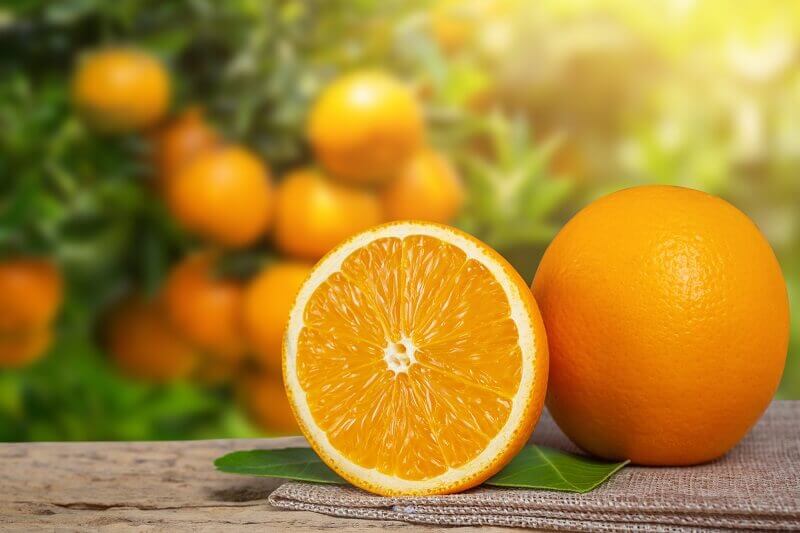A healthy diet cannot replace traditional addiction treatment. Detox, counseling, and post-treatment care are a must if you want to overcome your addictions for good. However, your diet can make a big difference to your recovery, helping you deal with addiction faster and easier than otherwise. Eating healthy foods helps to stabilize the body’s neurotransmitters so that depression, anxiety and stress do not lead to a relapse. As an added bonus, they also heal your body from physical damage from substance abuse, allowing you to absorb the nutrients you need to recover.
Basic Nutrition Guide
What should a healthy diet look like? Most doctors and health experts suggest a number of practices, including:
- Meals containing at least 50% fruit / vegetables
- Make sure that at least half of all grains you eat are whole grains, such as brown rice, whole grain bread / crackers, oats, etc.
- Eating a variety of proteins. These include: red meat, white meat, cheese, eggs and legumes.
- Avoiding foods high in sugar, fat and / or salt.
Beginning
Starting a healthy eating plan as soon as you’ve finished treating your addiction can seem daunting. It’s important not to overexert yourself, but you can start with small things. For example, the next time you go shopping, choose fruit over sweet snacks. Choose ready-made salads that do not require preparation. Buy a few loaves of whole grain bread instead of white.
If you have cooking experience, you can dust off cookbooks and try out some simple recipes. If you are a beginner in making your own food, look for some simple recipes on the Internet. Preparing your own food can raise your self-esteem by helping you master new skills that will improve your life in the long run.
Related article: Eating disorders
Drink more water
Avoid sugary drinks as much as possible. They will wreak havoc on your health and at the same time give you caffeinated buzz that can make it difficult for you to get a good night’s sleep. Instead, drink plenty of water as your body needs it to stay healthy and fit. If you find the water too “regular”, you can energize yourself by buying natural tasting water such as lime or blueberries.
What about relapses?
It is not easy to stick to a nutritious diet. If you get it wrong, don’t blame yourself. Just start over and make better choices next time.
If you are constantly making bad food choices, try to identify the source of the problem. For example, if you enjoy snacking while working, consider bringing fruit or healthy snacks from home to your office. If you like to snack at night, make sure you have fruit or vegetable sticks on hand.
If you see a psychologist, talk to them about your diet. It can help you identify the thought patterns and habits that lead to bad eating habits and suggest improvement.
Philosophy of recovery
The psychological aspect is one of the most important factors influencing the success or failure of an alcoholic in the process of overcoming addiction. There are many theories about the philosophy of nutrition, but it is worth mentioning first of all about the HALT program, which is often an important part of the therapeutic program. The first letters of the name refer to four feelings and states of well-being (hungry – hunger, angry – anger, lonely – loneliness, tired – fatigue), the occurrence of which may distract a person suffering from alcoholism from persevering in sobriety.
Neglecting regular meals can lead to stress, which increases the build-up of tension and the need to reach for a glass. If anger becomes part of our well-being, we should look for ways to release negative emotions as soon as possible and find activities that calm us down on a daily basis, such as walking, practicing our favorite sport or cooking. You should also remember about the immediate surroundings, family and friends, which will allow you to overcome the feeling of loneliness and nostalgia, which are strongly negative states. Alcohol can also have an anesthetic effect, which can be a tempting gateway to recovery. Regular physical activity can give people with alcoholism a sense of inner strength and self-worth.
The suggested solutions can only help with the treatment of alcoholism. Keep in mind that healthy eating can never replace willpower and motivation. The diet is primarily intended to support the therapy and prepare the patient’s body to regain its proper functioning. The presented solutions can also be used by healthy people, for whom it will be an ideal way to improve the quality of life.
Resources: Neuro Psychiatric Addiction Clinic





